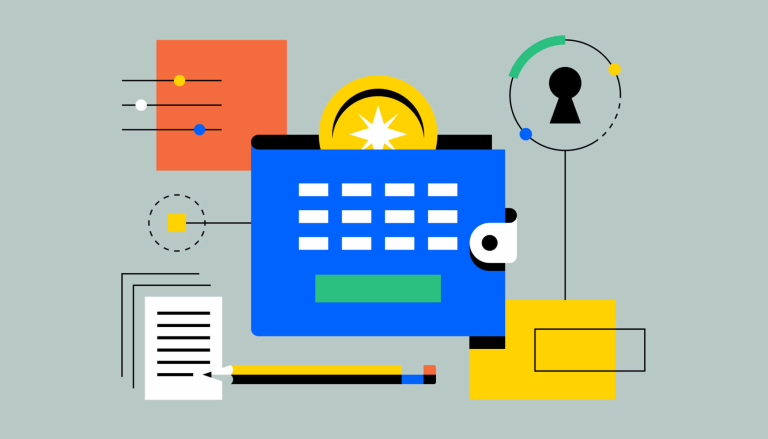What are digital assets?

Digital assets are anything created and stored digitally that has or provides value.
They include a wide range of items from photos, documents, and videos to cryptocurrencies and tokenized assets.
Digital assets have become increasingly important as technology integrates more into our personal and professional lives.
What is a Digital Asset?
A digital asset is anything that is created and stored digitally, is identifiable and discoverable, and has or provides value. This broad definition encompasses a wide range of items, from photos, documents, and videos to more complex forms such as cryptocurrencies and tokenized assets.
Digital assets have become increasingly important as technology integrates more into our personal and professional lives. They can be assigned a value—monetary or intangible. Some digital items might only be valuable to the creator or one person, such as a family picture on your phone taken at a gathering. Others could be valuable to a much wider audience.
Understanding Digital Assets
Digital assets have evolved into more than just words, pictures, videos, audio, and documents. With the introduction of Bitcoin in 2009, the concept of blockchain—a distributed public ledger secured by a consensus mechanism—was brought into the limelight. This technology aims to facilitate the creation of new types of digital assets, such as cryptocurrencies and tokenized assets.
For a digital asset to be considered an asset, it must first have the potential to create value in that it can be used in a manner that generates value for the owner. The digital asset should then be able to transfer ownership through acquisition, gifting, or other means of giving the rights to someone else, along with the value the item can bring. It must also be discoverable or stored somewhere that it can be found.
Types of Digital Assets
There are many different types of digital assets. Traditional forms include photos, documents, videos, books, audio/music, animations, illustrations, manuscripts, emails and email accounts, logos, metadata, content, and gaming accounts.
Newer digital assets are based on blockchain or similar technologies. These include non-fungible tokens (NFTs), cryptocurrencies, tokens, crypto assets, tokenized assets, security tokens, and central bank digital currencies.
Importance of Digital Assets
Digital assets have become an integral part of our lives. We turn to digitally hosted information for learning, store our photos and important documents in digital form, and even use digital assets like cryptocurrencies for transactions. Businesses and governments also store and manage data and information, all of which have different values depending on how they can be used.
Examples of Digital Asset's Impact
Digital assets have a profound impact on our daily lives. For instance, you might wake up one morning and acquire a sports video token of your favorite running back's winning touchdown. At work, you might use a cryptocurrency to acquire sales data to analyze a specific market and send a digital presentation of your findings to your boss. On your way home, you might capture a once-in-a-lifetime video on your phone and transfer it as an NFT. These examples illustrate how digital assets have become a part of our everyday activities.
Comments
Post a Comment